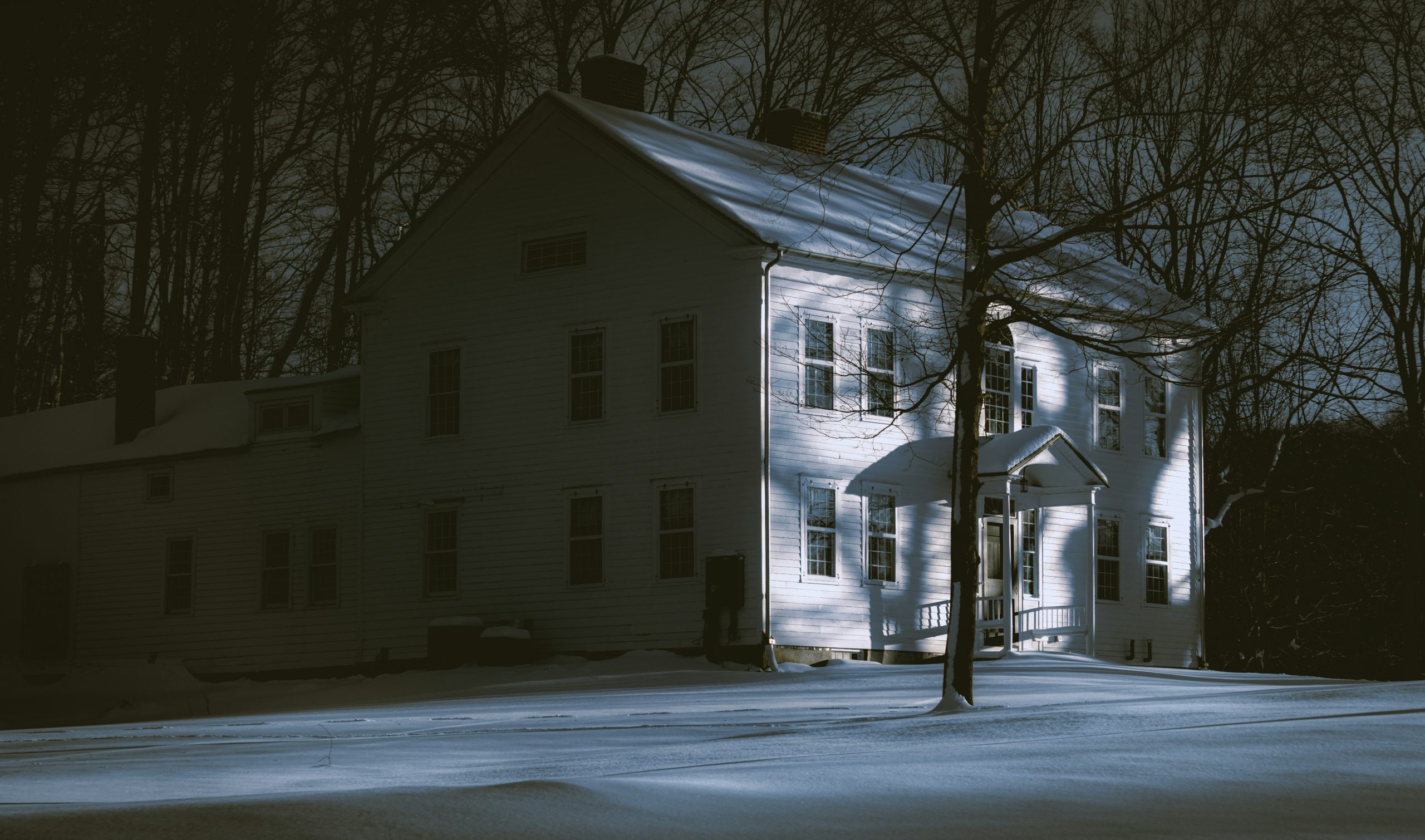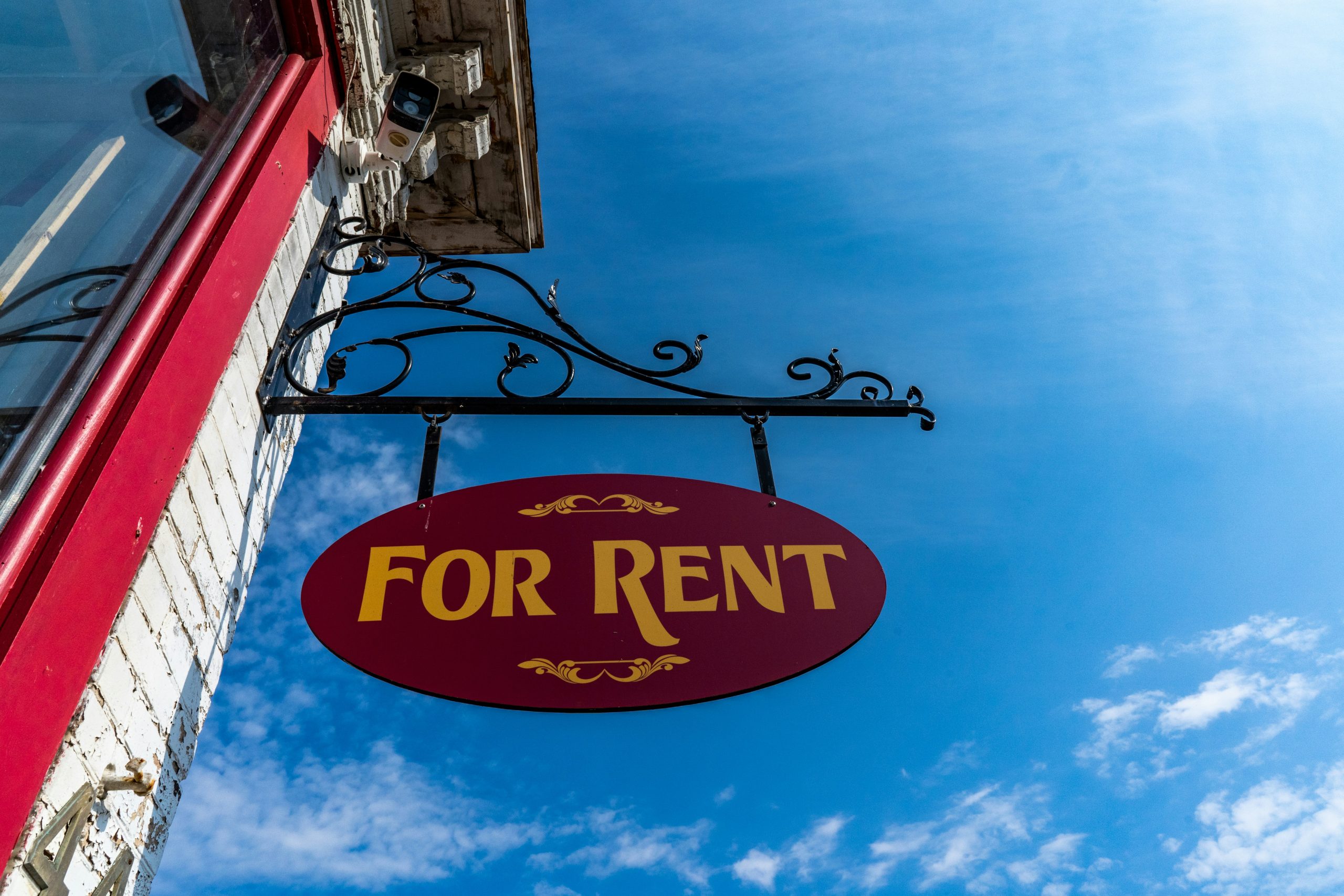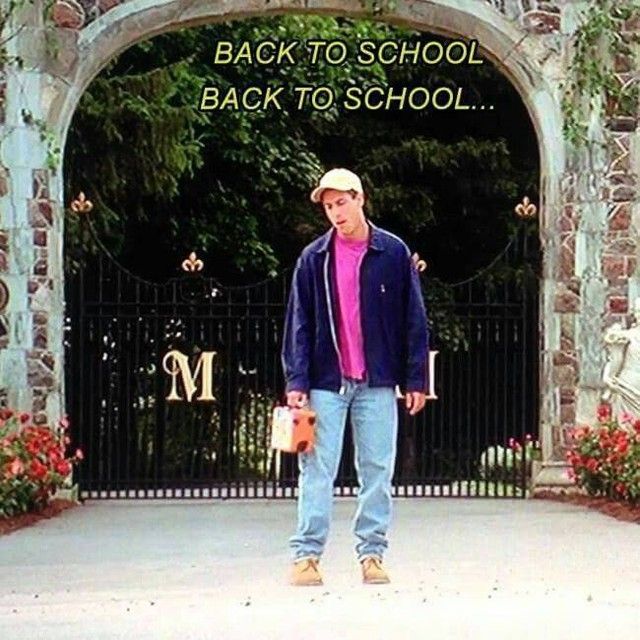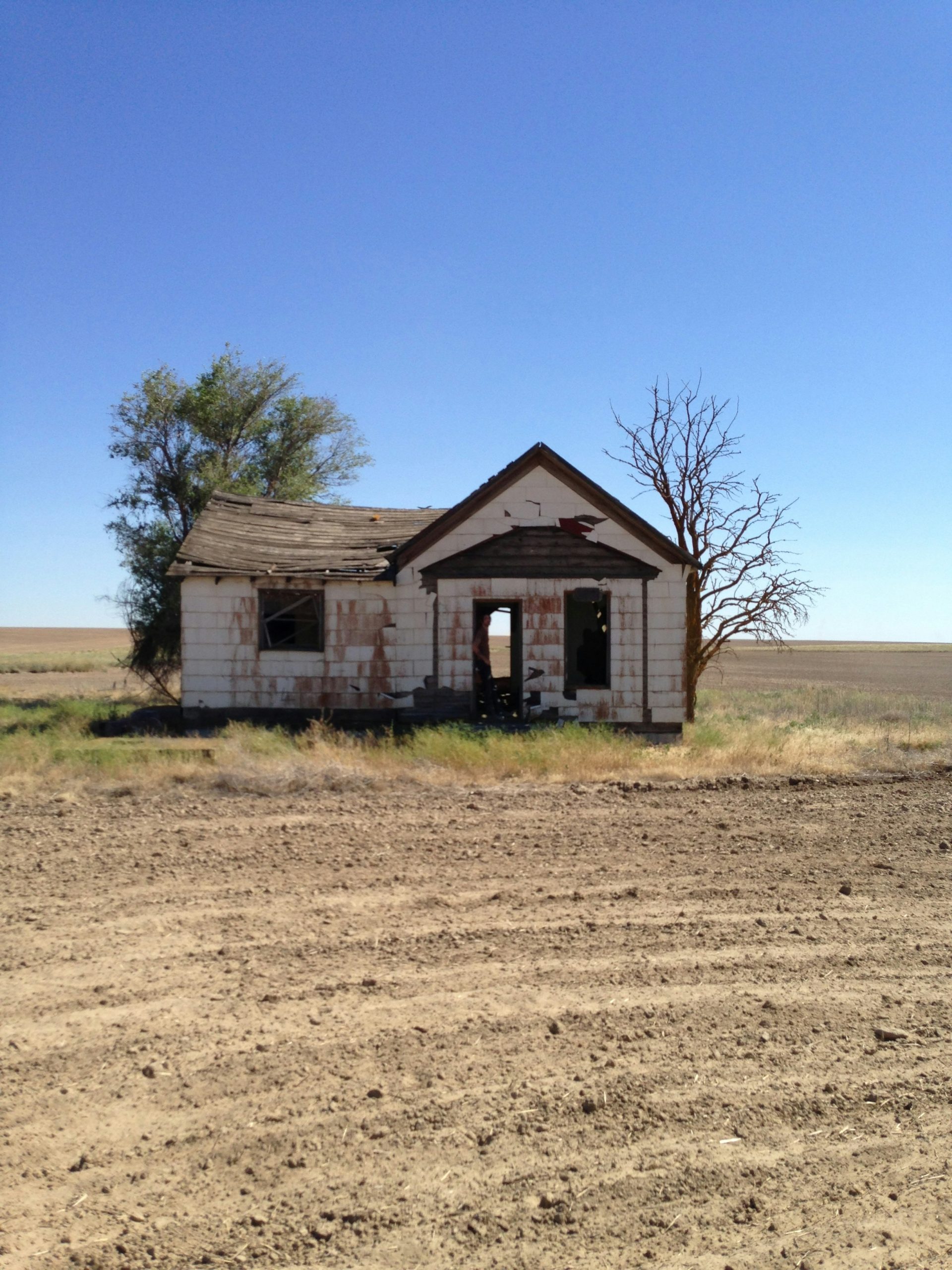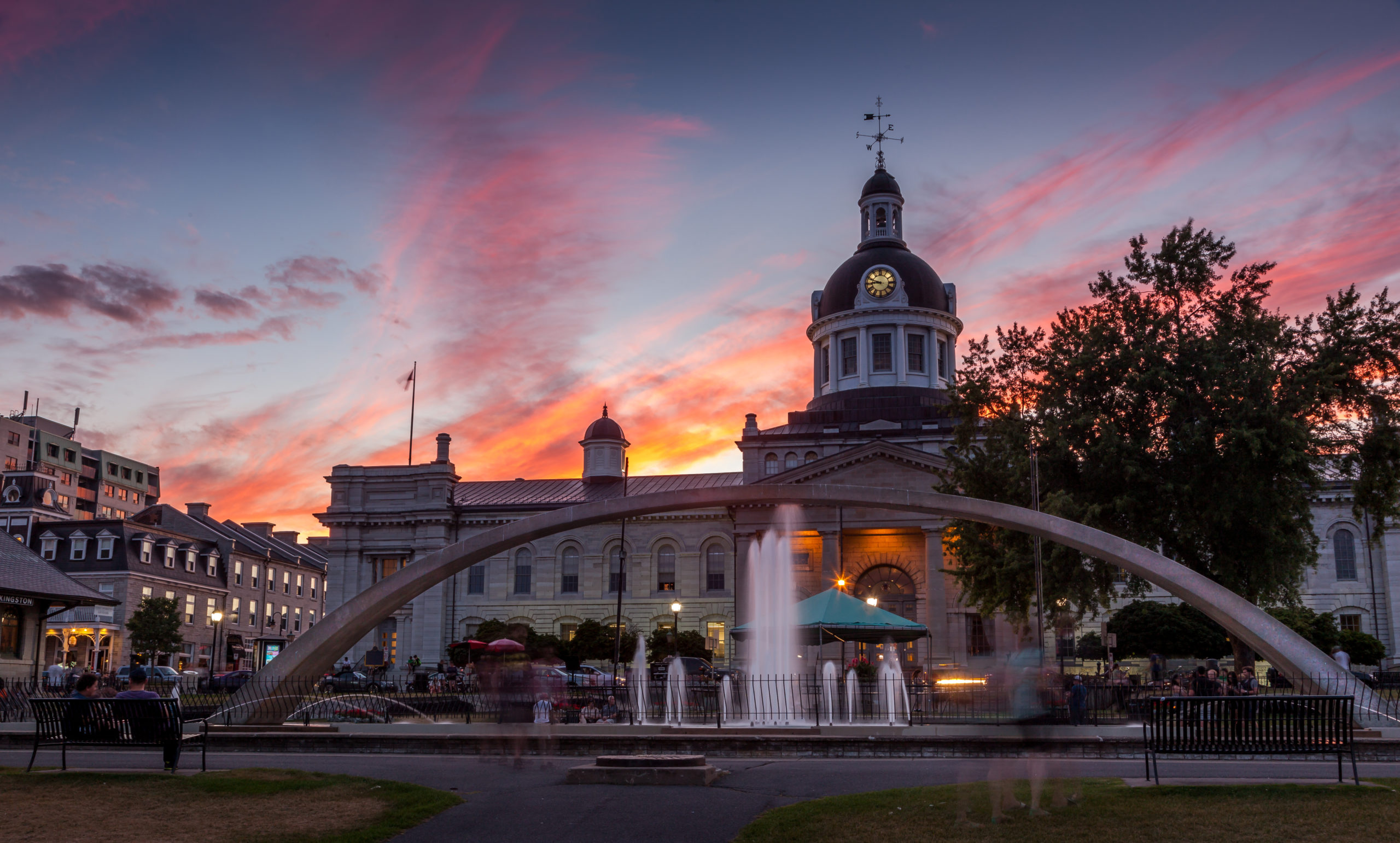Every real estate agent has a story that still makes the hair on the back of their neck stand up. This one takes place right here in Kingston, in a quiet neighborhood not far from the waterfront — where a “simple” showing turned into something straight out of a ghost story.
It was late October, just before dusk, when I met a young couple to tour an older limestone home on lets call it “ABC Street”. The property looked great on paper — classic 1800s charm, original trim, tall windows, and that historic Kingston character buyers love. But as soon as we stepped inside, something felt… off.
The air was cold — colder than outside — and had that stillness you only feel in vacant homes. We made it through the main floor fine, admiring the antique details and slightly creaky floors. But then we reached the basement.
The lights down there didn’t work. No big deal — old wiring, I thought. I pulled out my phone flashlight, and we started down the stairs. The moment my foot hit the concrete, my flashlight flickered out. The couple laughed nervously, and I joked that maybe the ghosts didn’t like competition from LED lighting.

That’s when we all heard it — a faint, slow creak coming from the far corner of the basement. Like someone shifting their weight on an old chair. I called out (because, of course, I’m a professional, not a coward… mostly). No answer. The buyers decided they’d “seen enough of the basement” and headed up. I followed — quickly.
Back upstairs, we heard another sound — a loud thump from below. The couple looked at me. I looked at them. I smiled and said, “Must be the foundation settling… aggressively.”
We finished the showing in record time. Later that night, curiosity got the better of me, so I called the listing agent to ask about the house. She chuckled and said, “Oh, that one. Yeah, the previous owner was an antique collector who used to restore furniture in the basement. The neighbors say they still hear him working late sometimes.”
Needless to say, the couple decided to keep looking — and I now bring a bigger flashlight to every showing.
Moral of the Story
Real estate isn’t always haunted, but old homes often have stories — and a few creaks that remind us of their long history. Whether it’s a century limestone in Sydenham Ward or a cottage near Collins Bay, every property has a past. And sometimes… it still makes itself known.


 Facebook
Facebook
 X
X
 Pinterest
Pinterest
 Copy Link
Copy Link
